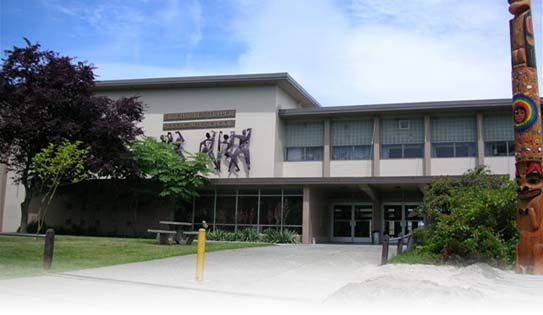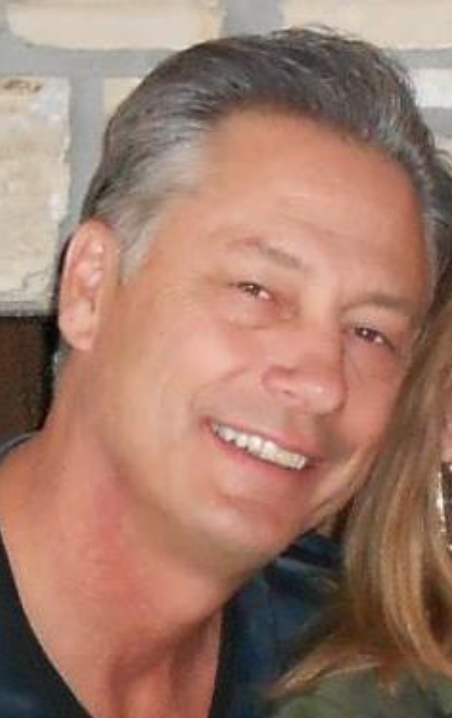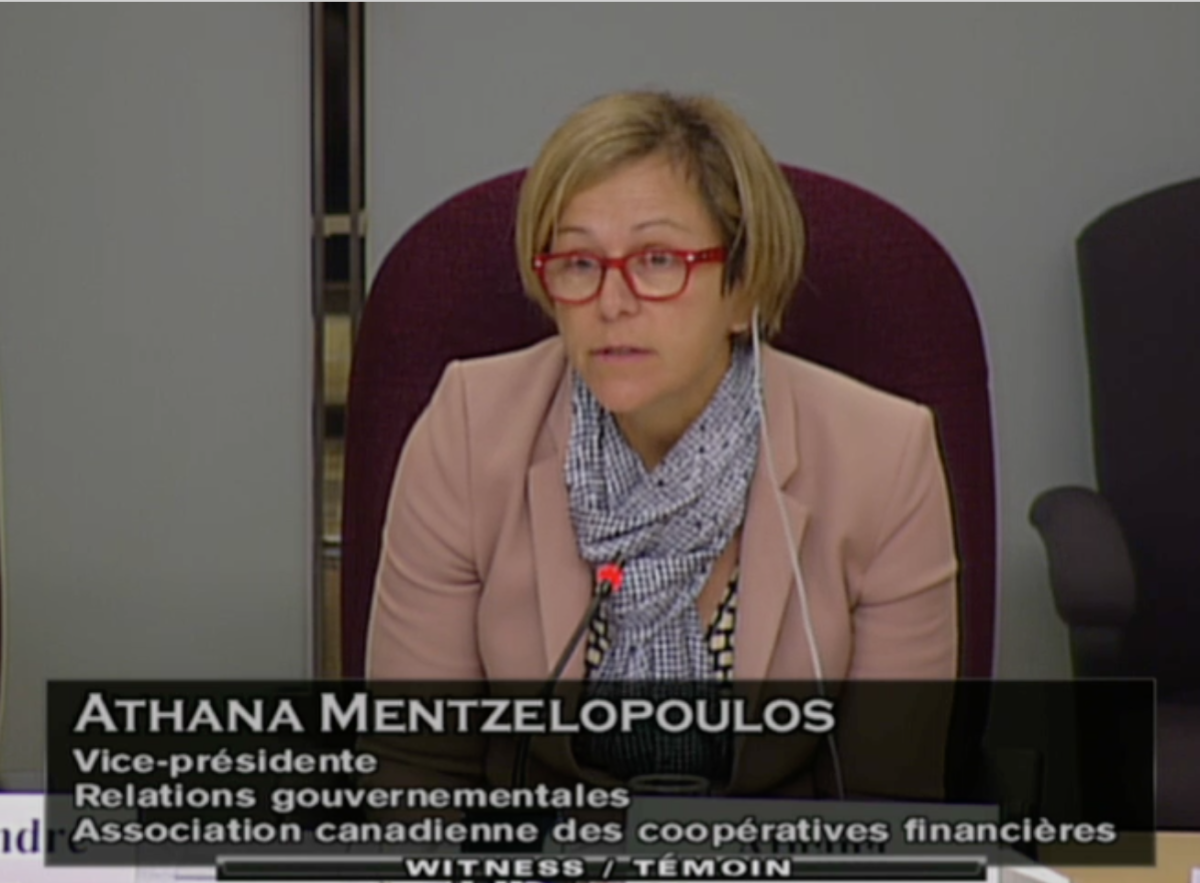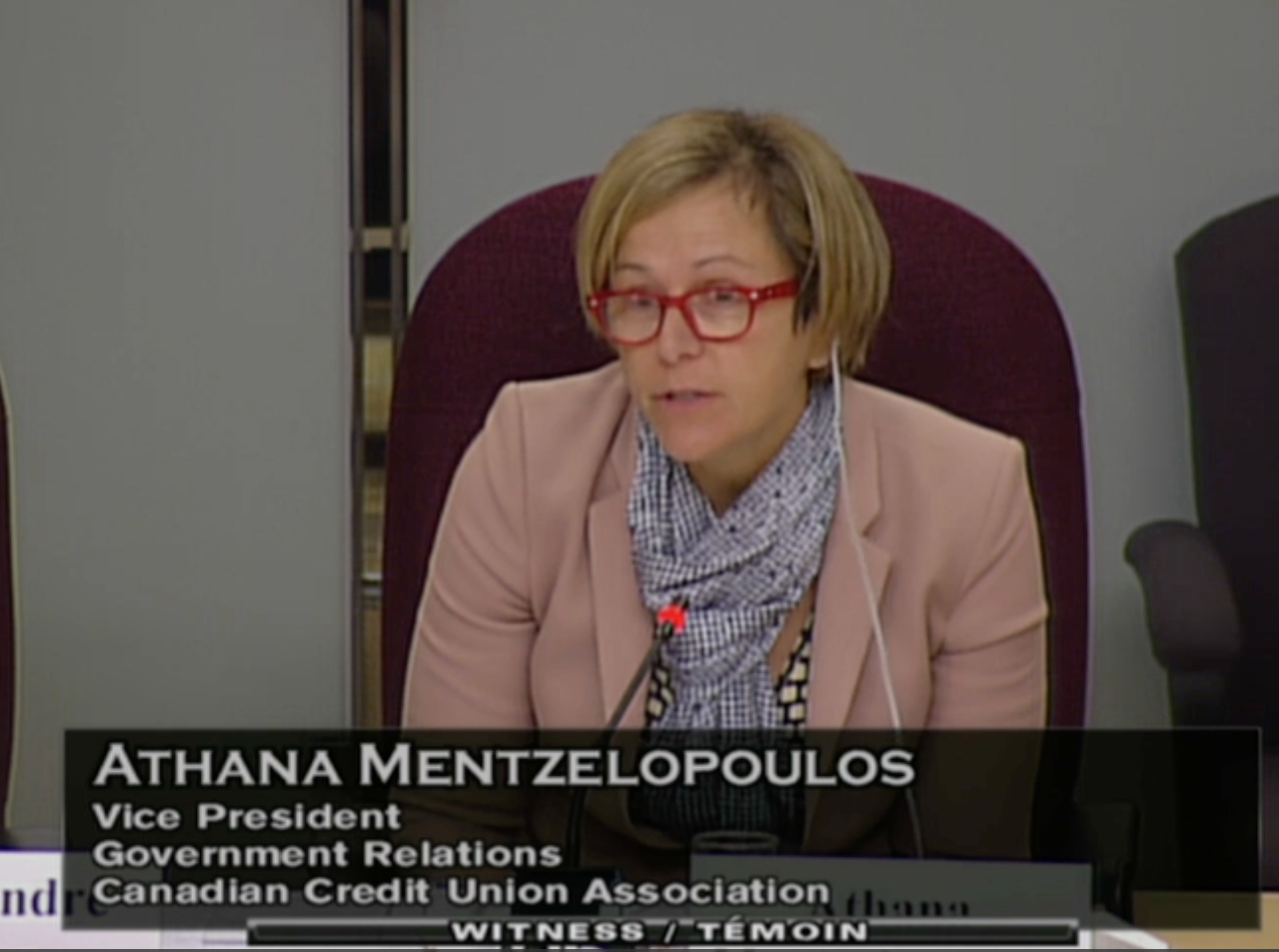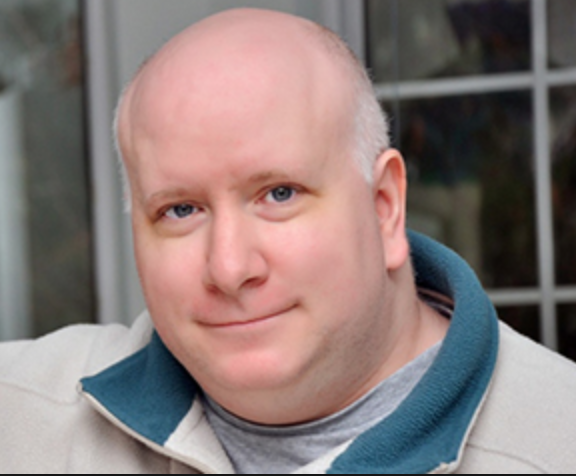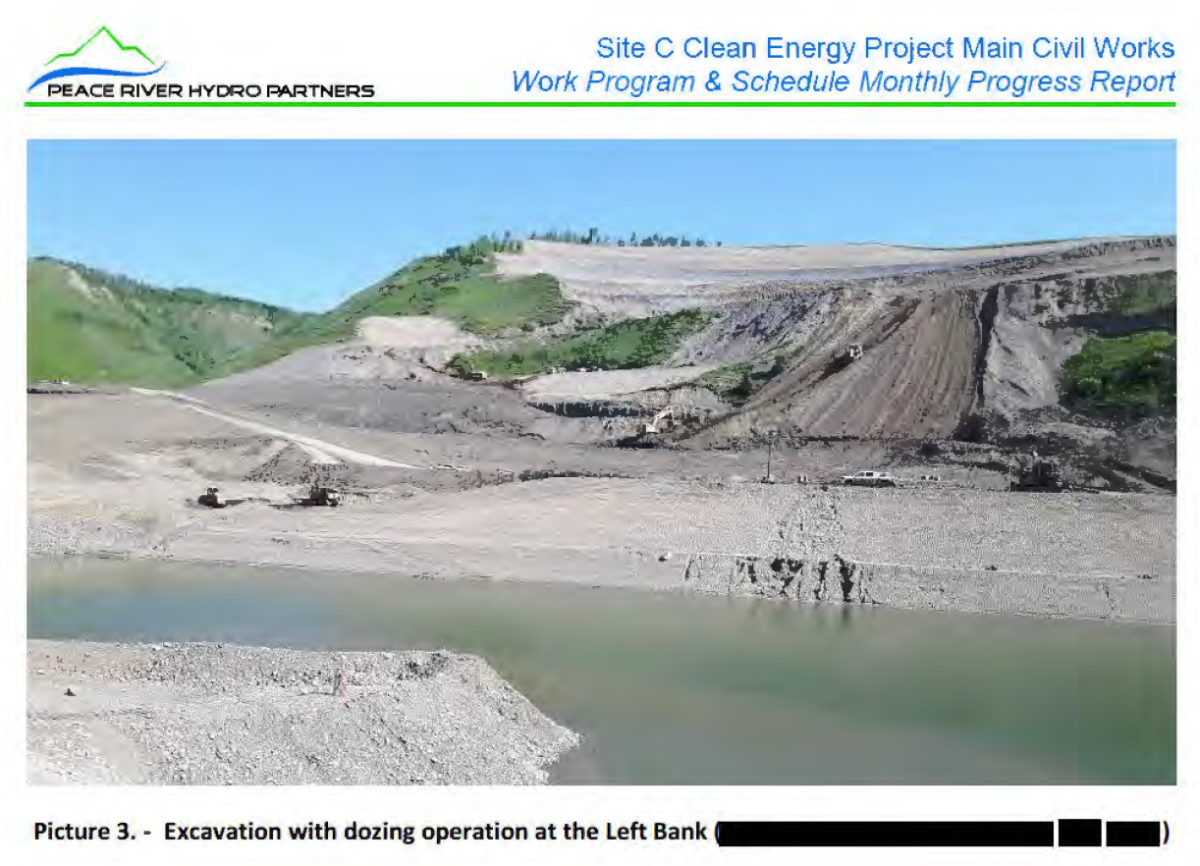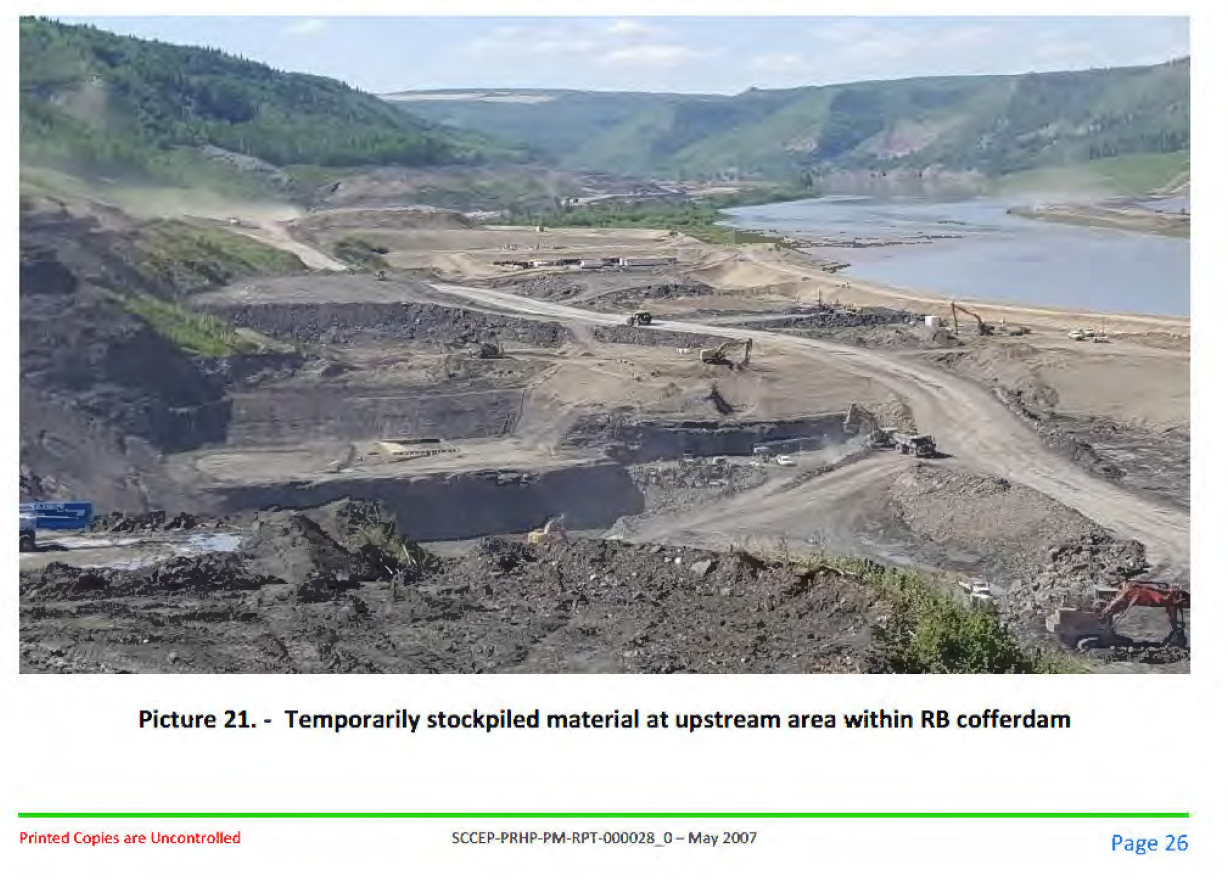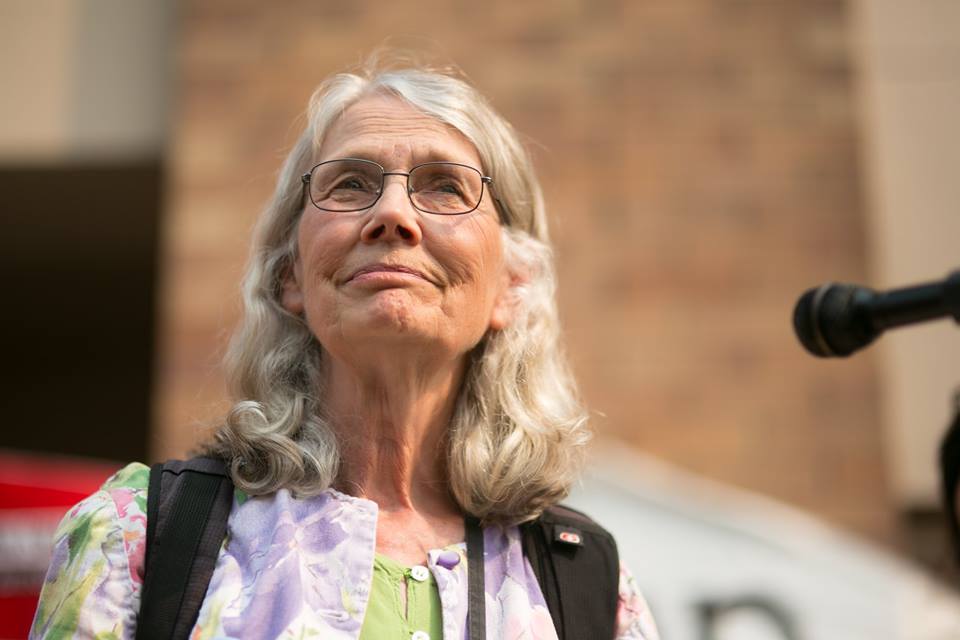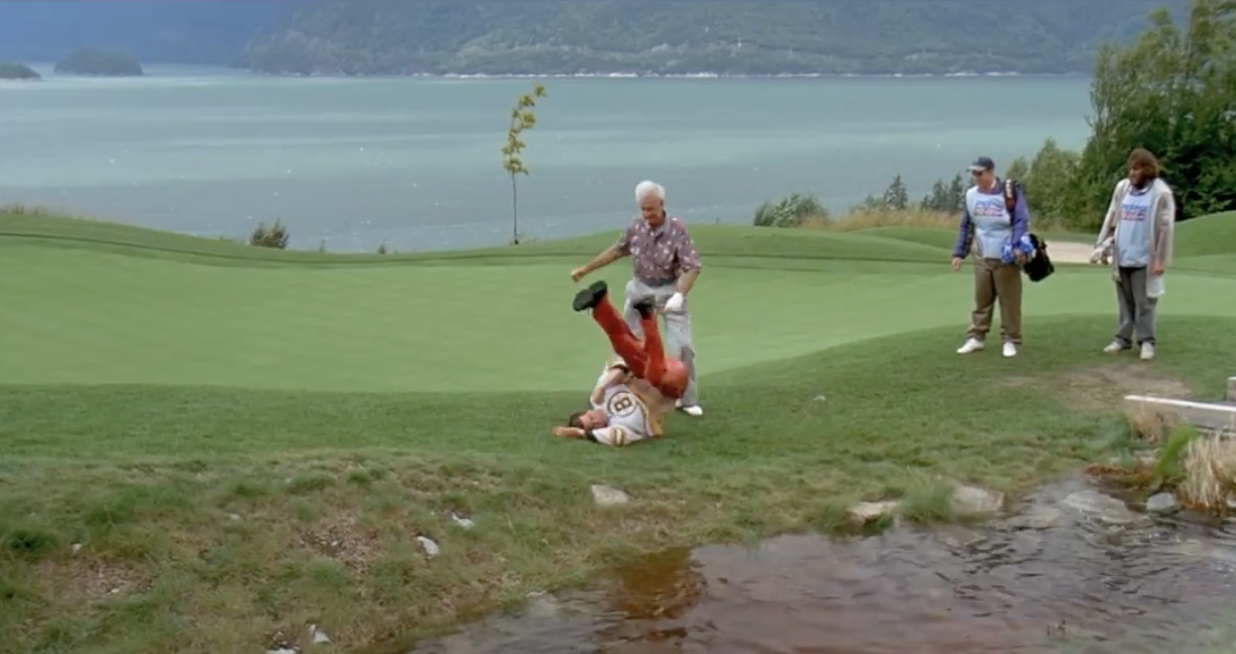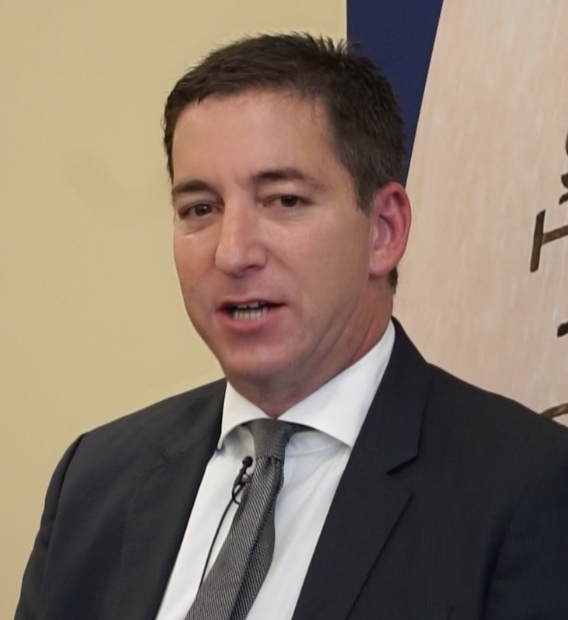Vision and NPA by-election candidates leave a lot to be desired
Bob Mackin
Vancouver voters looking at the two main parties vying for the vacant city council seat on Oct. 14 are provided choices as distinct as a flat bottle of Coke and a flat bottle of Pepsi.
Behind the glitzy labels fashioned by their image makers, the mass-manufactured flavours offer no nourishment.

VIsion’s Cardona (left) and NPA’s Bremner
On the right is the NPA’s Hector Bremner, who showed little interest in Vancouver civic politics until this summer. His claim to fame is being a failed BC Liberal candidate in 2013 in New Westminster who parlayed that into jobs as the step-and-fetch-it for two controversial BC Liberal cabinet ministers: the Beijing-friendly Teresa Wat (international trade) and career politician Rich Coleman (natural gas and housing).
Bremner’s wife, Virginia, is ex-Premier Christy Clark’s former receptionist and a recipient of a golden parachute after the NDP took over last July. One of Bremner’s campaign signs is, coincidentally, on the front lawn of the house in Mount Pleasant that property records say Clark owns.
Bremner says he wants to “fix housing” (which is vastly different from solving the housing crisis). To him, it’s all about supply, supply, supply. Not a peep about reducing or managing demand in a market flooded with money from China. Some of that money is laundered through casinos by real estate and construction executives.
Bremner’s campaign is run by Clark’s ex-husband, Mark Marissen, and he “won” the nomination by signing-up instant NPA members en masse around the Ross Street Sikh Temple.
In a day and age when sophisticated political campaigns demand their candidates sanitize and correct their social media postings, Bremner didn’t. Why?
His online LinkedIn resume claimed, until this reporter began asking, that he had worked at the same time in Coleman’s office as he did at the Pace Group, the Liberal-friendly lobbying and public relations company that scored $4.92 million of taxpayer-funded contracts with government ministries since 2012, including events to promote Clark’s image to voters. Bremner had changed his profile photo in the online resume in early September, after getting the NPA nod. In the old one, he stood in front of a Helijet helicopter. In the new one, he is sitting close to his wife. But, for some reason, did not see fit to change the text below it.
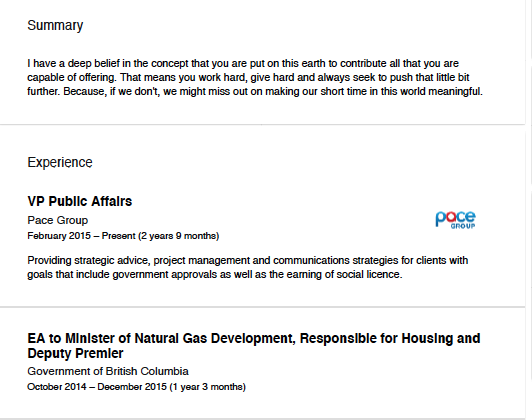
Bremner says this was a mistake in his online resume. (LinkedIn)
Screen grabs from Sept. 27 to Oct. 11 say that he worked from June 2013 to December 2015 inside government, and that he started in February 2015 as a vice-president at Pace Group. A 10-month overlap. He told theBreaker that he left government in January 2015 and started in February 2015 at Pace.
“I was shocked, I genuinely was very shocked that that was incorrect. It was a mistake,” Bremner said. Pressed further, about why voters should trust a candidate who can’t get his public-facing resume correct, Bremner said. “This minor mistake on a social media entry is not a major issue.”
Maintaining a misleading resume is one thing, breaching the lobbyist disclosure rules is another.
At Pace, from February 2015 to February 2017, Bremner was registered to lobby finance minister Mike de Jong on behalf of Steelhead LNG. But Bremner failed to report to the lobbying registrar that he had been a former public office holder. The Lobbyist Registration Act defines a public office holder as an employee of the government and any person appointed by a minister or cabinet. The Office of the Registrar of Lobbyists confirmed to theBreaker that it is aware of the omission. theBreaker has confirmed that a citizen filed a complaint.
Rather than answering the question from theBreaker about his lobbying activities, Bremner hung up the phone.
This is someone seeking an $85,000-a-year job on city council.
The other candidate from Vancouver’s other main party, the one that holds a majority on city council, is Diego Cardona.
When Mayor Gregor Robertson was on a then-secret trade mission to China in September, Vision Vancouver released a video to unveil the appointed (not elected!) candidate. In that introductory video, 21-year-old Cardona was not even allowed to speak!

Bremner celebrates nomination with Marissen (second from right, back row)
theBreaker revealed that the Visionista, who came to Canada as a refugee from Colombia, had amassed more than $1,000 in traffic fines for disobeying the motor vehicle act, including speeding in a playground zone. He applied several times to delay his court dates but, when they proceeded, failed to show up.
Cardona was evasive when contacted and asked for proof of payment of the fines. Vision Vancouver campaign co-chair Paul Nixey provided ICBC documents which show three of the fines were paid (one on Sept. 1 for $253, and two on Sept. 5 totalling $327). But Nixey did not provide proof of payment for the other four, totalling $436. When asked for clarification and additional proof of payment, Nixey did not respond.
Cardona’s excuse for his repeated driving violations was his youth, inexperience and that he did not put anyone’s life in jeopardy by his actions. Residents around John Hendry Park might beg to differ. One of those fines was for driving more than double the 30 km-h speed limit there on Sept. 17, 2016.
It should also be noted that the NPA and Vision Vancouver are both refusing to release their unaudited lists of donors before election day.
Pete Fry and the Vancouver Greens, independent Jean Swanson and Judy Graves and OneCity released theirs to theBreaker.
More than a week before the 2014 general election, all major parties, including NPA and Vision, released their unaudited lists. In 2017, when big money corporate and union donations are a major province-wide issue, the city’s two major real estate and construction-funded parties are trying to put the toothpaste back in the tube and pretend that voters don’t care about moneyed special interests getting favours at city hall.
There is no law limiting the size or source of political donations to municipal parties and candidates. Neither does city hall have a lobbyist registry. Elections BC requires the full, sworn lists by 90 days after election day.
But, as soon as next week, a new city councillor will be in a position to pay back favours to donors and you won’t know it.
Voting is from 8 a.m. to 8 p.m. on Oct. 14.
Bob Mackin Vancouver voters looking at the two







